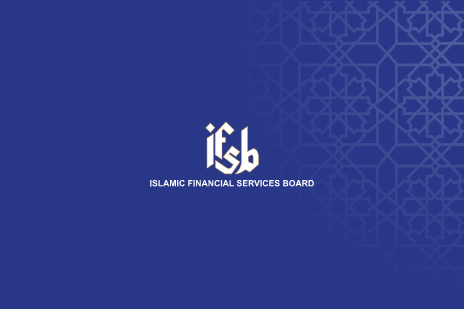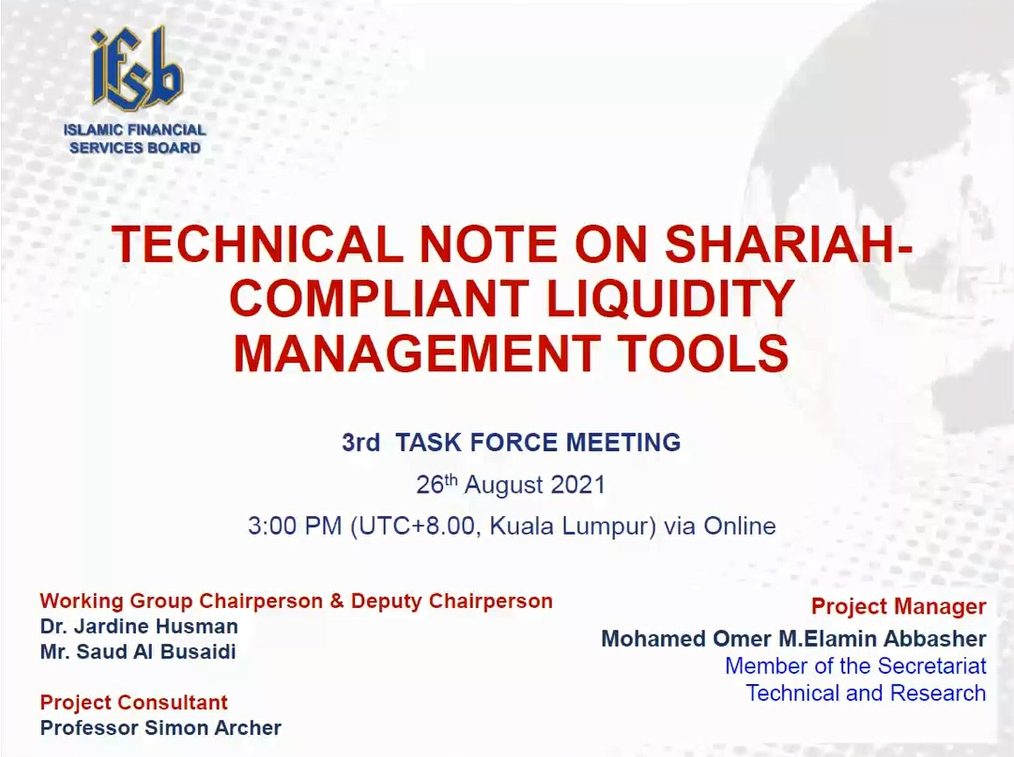
GN-7: Guidance Note on Shari’ah-compliant Lender-Of-Last-Resort (SLOLR Facilities)
Kuala Lumpur Kuala Lumpur, Malaysia, MalaysiaALL IFSB MEMBERS Date: Thursday, 15 July 2021 Time: 4:30 – 6:30 (Kuala Lumpur Time) Sector: Islamic banking Topics: GN-7: Guidance Note on Shari’ah-compliant Lender-Of-Last-Resort (SLOLR Facilities) Liquidity availability and smooth functioning of the payments system are considered as core objectives of any regulatory and supervisory authority for the banking sector. The global financial and economic crisis underscored the importance of well-designed financial safety nets, particularly crisis prevention strategies, as part of a comprehensive regulatory and supervisory framework to ensure the soundness and stability of the financial system. Lender-of-last-resort (LOLR) facilities represent one of the specific instruments and preventive strategies available to central banks, to allow liquidity to be extended to one or more temporarily “illiquid but solvent” financial institutions, at their discretion and in exceptional circumstances. However, conventional LOLR facilities normally depend on interest-bearing loans or instruments, and therefore cannot appropriately be extended to institutions offering Islamic financial services. IFSB’s Guidance note GN-7 considers how Shari`ah-compliant lender-of-last-resort (SLOLR) mechanisms might be conceived and used. Within this online FIS workshop, IFSB Secretariat would like to discuss concept of the SLOLR mechanism and focus on Shari’ah-compliant contracts used to support SLOLR, as well as on required disclosures by central banks. ***REGISTRATION OPEN TO MEMBERS ONLY***
